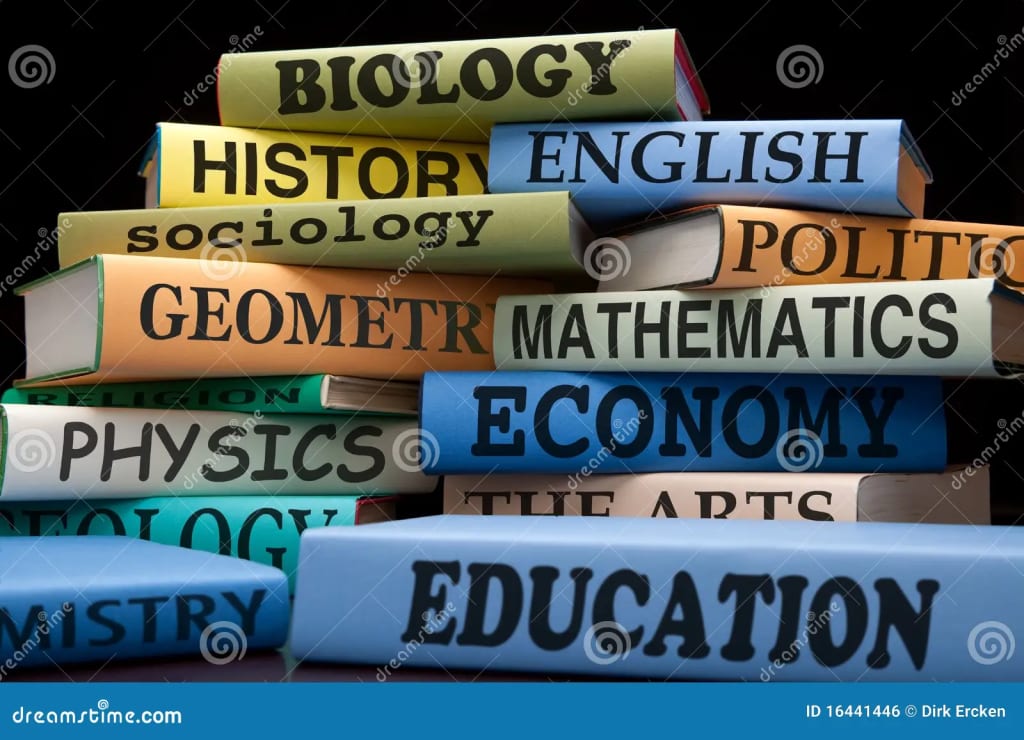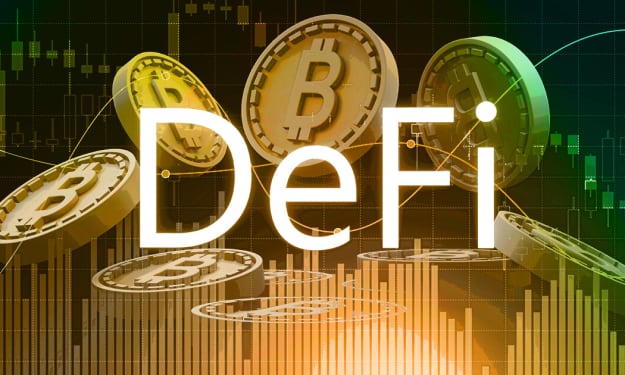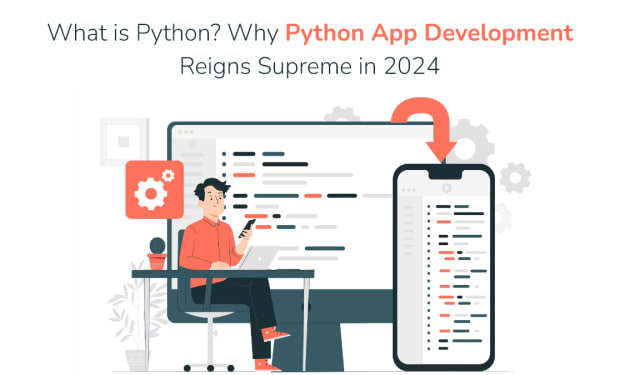Education Types
Elementary Education Secondary Education Higher Education Vocational Education Special Education Adult Education Online Education Distance Education Montessori Education Early Childhood Education Specialized Education (e.g., Music Education, Art Education) STEM Education (Science, Technology, Engineering, and Mathematics) Liberal Arts Education Technical Education Physical Education Bilingual Education Inclusive Education International Education Home Education (Homeschooling) Experiential Education Virtual Reality Education Blended Learning Education Project-Based Learning Education Sustainable Education Outdoor Education Multicultural Education Gifted Education Open Education Remedial Education Cross-Cultural Education

Elementary Education:
This refers to the first stage of formal education, typically provided to children between the ages of 5 and 12. It focuses on building foundational skills in subjects like mathematics, language arts, science, and social studies.
Secondary Education:
Also known as high school education, it follows elementary education and typically covers grades 9 to 12. It offers a broader curriculum and prepares students for higher education or the workforce.
Higher Education:
This type of education includes colleges, universities, and professional schools. It offers undergraduate and graduate programs, allowing students to specialize in various academic disciplines and earn degrees such as bachelor's, master's, and doctoral degrees.
Vocational Education:
Vocational education focuses on providing practical skills and knowledge related to specific trades or occupations. It prepares students for careers in fields such as automotive technology, culinary arts, healthcare, or construction.
Special Education:
Special education caters to students with disabilities or special needs. It provides tailored instruction, support, and accommodations to help individuals with learning, physical, or developmental challenges.
Adult Education:
Adult education refers to learning opportunities designed for adults beyond the traditional schooling age. It includes programs such as adult literacy classes, continuing education courses, and professional development workshops.
Online Education:
Online education involves the delivery of educational content and instruction through digital platforms and the internet. It offers flexibility and access to learning resources for students who cannot attend traditional brick-and-mortar institutions.
Distance Education:
Similar to online education, distance education enables learners to study remotely and access course materials via various means, such as correspondence, video conferencing, or pre-recorded lectures.
Montessori Education:
Montessori education is an approach developed by Maria Montessori that emphasizes hands-on learning, individualized instruction, and self-directed activities. It promotes independence, creativity, and holistic development in children.
Early Childhood Education:
Early childhood education focuses on the development and education of young children, typically from birth to around the age of 8. It encompasses preschool and kindergarten programs that provide a nurturing and stimulating environment for early learning.
These are just a few examples of the many types of education available, each catering to different age groups, learning styles, and educational needs.
Specialized Education:
This type of education focuses on specific subject areas or disciplines, such as music education, art education, physical education, or drama education. It provides in-depth instruction and training in the chosen field.
STEM Education:
STEM stands for Science, Technology, Engineering, and Mathematics. STEM education emphasizes these disciplines to foster critical thinking, problem-solving, and innovation. It aims to prepare students for careers in STEM fields and address the growing demand for STEM professionals.
Liberal Arts Education:
Liberal arts education encompasses a wide range of subjects, including humanities, social sciences, natural sciences, and fine arts. It promotes a well-rounded education, fostering critical thinking, communication skills, and a broad understanding of human culture and society.
Technical Education:
Technical education focuses on teaching practical skills and knowledge related to specific technical or trade occupations, such as welding, carpentry, plumbing, or electrical work. It prepares students for careers in skilled trades.
Physical Education:
Physical education, commonly known as P.E., emphasizes physical fitness, sports, and overall health. It includes activities, exercises, and games that promote physical development, coordination, teamwork, and a healthy lifestyle.
Bilingual Education:
Bilingual education involves teaching students in two languages, typically their native language and a second language. The goal is to develop proficiency in both languages while providing academic instruction across various subjects.
Inclusive Education:
Inclusive education aims to provide equal educational opportunities for all students, including those with disabilities or special needs. It promotes a supportive and inclusive learning environment that fosters the participation and success of all learners.
International Education:
International education focuses on promoting global awareness, cultural understanding, and international perspectives. It often includes study abroad programs, cultural exchange initiatives, and curriculum that incorporates global issues.
Home Education :
Home education refers to the education of children within their homes, typically facilitated by parents or tutors. It allows for personalized instruction and flexibility in curriculum choices while meeting educational requirements.
Experiential Education: Experiential education emphasizes learning through hands-on experiences, real-world applications, and reflection. It often includes internships, field trips, service-learning projects, and cooperative education programs.
Virtual Reality Education:
Virtual reality (VR) education involves the use of virtual reality technology to create immersive learning experiences. It enables students to engage in simulated environments, enhancing understanding and interaction in various subjects.
Blended Learning Education:
Blended learning combines traditional face-to-face instruction with online learning components. It allows students to benefit from both in-person interactions and the flexibility of online resources and activities.
Project-Based Learning Education:
Project-based learning involves students working on projects or investigations that integrate multiple subjects and encourage problem-solving, critical thinking, collaboration, and creativity. It promotes practical application of knowledge and skills.
Sustainable Education:
Sustainable education focuses on environmental awareness, ecological literacy, and sustainable practices. It aims to educate students about sustainability issues, conservation, and ways to create a more sustainable future.
Outdoor Education:
Outdoor education utilizes outdoor settings and activities to enhance learning and personal development. It may involve camping, hiking, environmental studies, team-building exercises, and experiential learning in natural environments.
Multicultural Education:
Multicultural education promotes cultural diversity, inclusivity, and understanding. It incorporates the histories, experiences, and contributions of diverse cultures, fostering respect and appreciation for different perspectives.
Gifted Education:
Gifted education caters to students who demonstrate exceptional abilities, talents, or intelligence. It provides specialized programs and curriculum to challenge and support gifted learners in reaching their full potential.
Open Education:
Open education refers to the use of open educational resources (OERs) and open-access materials that are freely available and can be modified, shared, and used by educators and learners worldwide.





Comments
There are no comments for this story
Be the first to respond and start the conversation.